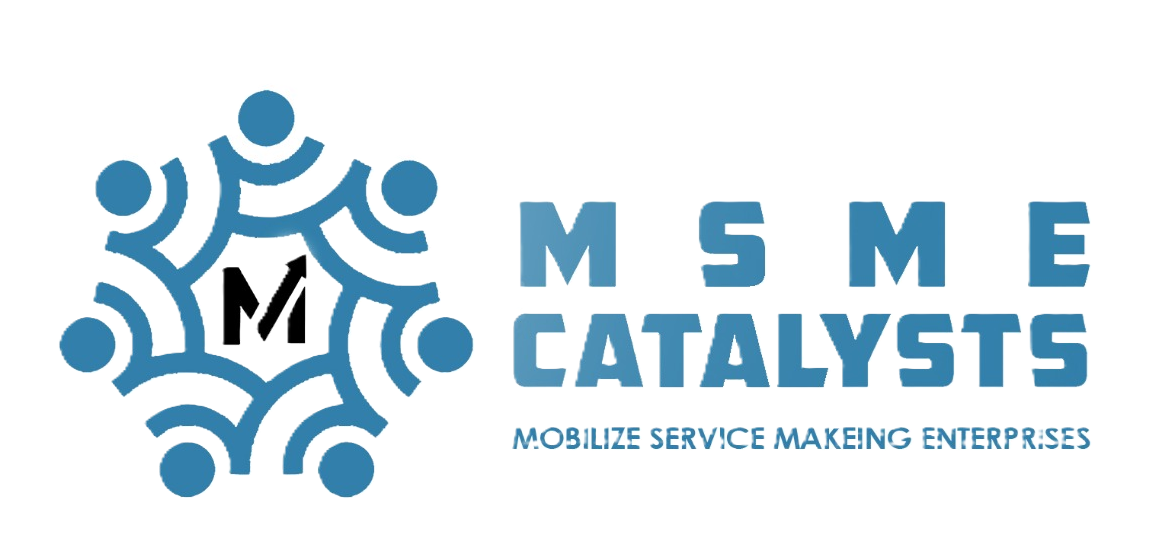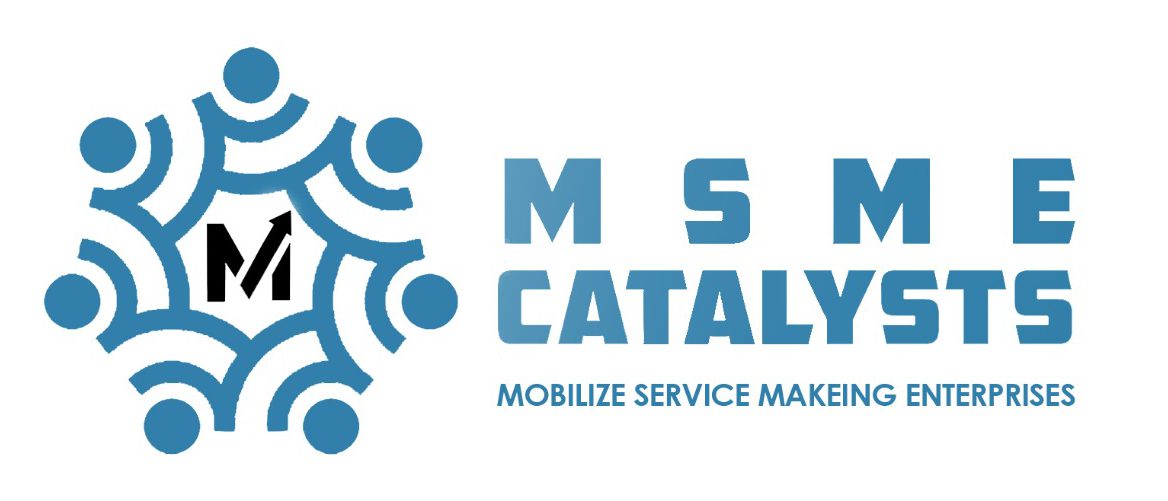Subtotal $0.00
FSSAI (Food Safety and Standards Authority of India) Registration and Licensing are essential processes for food businesses to ensure compliance with the Food Safety and Standards Act, 2006. The FSSAI is responsible for regulating and supervising food safety, and it ensures that food products in India are safe for consumption.
Types of FSSAI Registration and Licensing:
There are three types of FSSAI licenses/registrations depending on the size and nature of the food business:
- Basic FSSAI Registration:
- This is for small food businesses, such as petty food manufacturers, small-scale industries, and small retailers.
- Eligibility: Businesses with an annual turnover of up to ₹12 lakh.
- Registration Certificate: The basic registration certificate is issued by the food authority.
- State FSSAI License:
- For medium-sized food businesses such as medium-scale manufacturers, storage units, transporters, retailers, restaurants, marketers, etc.
- Eligibility: Businesses with an annual turnover between ₹12 lakh to ₹20 crore.
- Issuing Authority: The respective State Government issues this license.
- Central FSSAI License:
- This is for large-scale food businesses, including large manufacturers, exporters, importers, and food chains.
- Eligibility: Businesses with an annual turnover of more than ₹20 crore or that operate in multiple states.
- Issuing Authority: The Central Government issues the Central FSSAI license.
Documents Required for FSSAI Registration/License:
The documentation varies based on the type of registration or license, but common documents include:
- Basic Registration:
- Photo of the applicant
- Proof of identity (Aadhaar card, voter ID)
- Address proof
- Business details
- State/Central License:
- Proof of identity and address of the directors or partners
- Proof of business premises (ownership or rental agreement)
- List of food categories manufactured or processed
- Layout plan of the facility
- Water testing report (for manufacturing units)
- Import/export code (if applicable)
- No Objection Certificate (NOC) from the municipality or local authority (for specific cases)
Process for FSSAI Registration and Licensing:
The FSSAI registration and licensing process is done through the FSSAI’s online portal, called FoSCoS (Food Safety Compliance System):
- Application Submission:
- Visit the FoSCoS portal and submit the relevant form (Form A for registration and Form B for licensing).
- Fill in the details of the food business, select the type of registration, and upload required documents.
- Verification:
- The FSSAI authority reviews the application and may conduct an inspection of the premises (mainly for state and central licenses).
- Issuance of License/Registration:
- Upon successful verification, the FSSAI registration or license is granted. The FSSAI license number must be printed on food packaging and displayed at the business premises.
Validity and Renewal:
- The FSSAI license or registration is valid for 1 to 5 years, depending on the selection during the application process.
- The renewal process should be initiated at least 30 days before the expiration of the license to avoid penalties.
Penalties for Non-Compliance:
Failure to register or obtain an FSSAI license can lead to heavy penalties, including fines of up to ₹5 lakh and imprisonment for serious violations.
Who Needs FSSAI Registration or License?
All food-related businesses in India, regardless of size, must register or get a license from FSSAI. This includes:
- Food manufacturers, processors, and packagers
- Importers/exporters of food products
- Food retailers, wholesalers, and distributors
- E-commerce food companies
- Restaurants, cafes, and food stalls
- Food transporters and storage facilities

